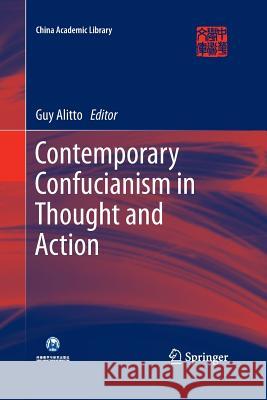Contemporary Confucianism in Thought and Action » książka
topmenu
Contemporary Confucianism in Thought and Action
ISBN-13: 9783662516515 / Angielski / Miękka / 2016 / 154 str.
Kategorie BISAC:
Wydawca:
Springer
Seria wydawnicza:
Język:
Angielski
ISBN-13:
9783662516515
Rok wydania:
2016
Wydanie:
Softcover Repri
Ilość stron:
154
Waga:
0.23 kg
Wymiary:
23.39 x 15.6 x 0.89
Oprawa:
Miękka
Wolumenów:
01
Dodatkowe informacje:
Wydanie ilustrowane











